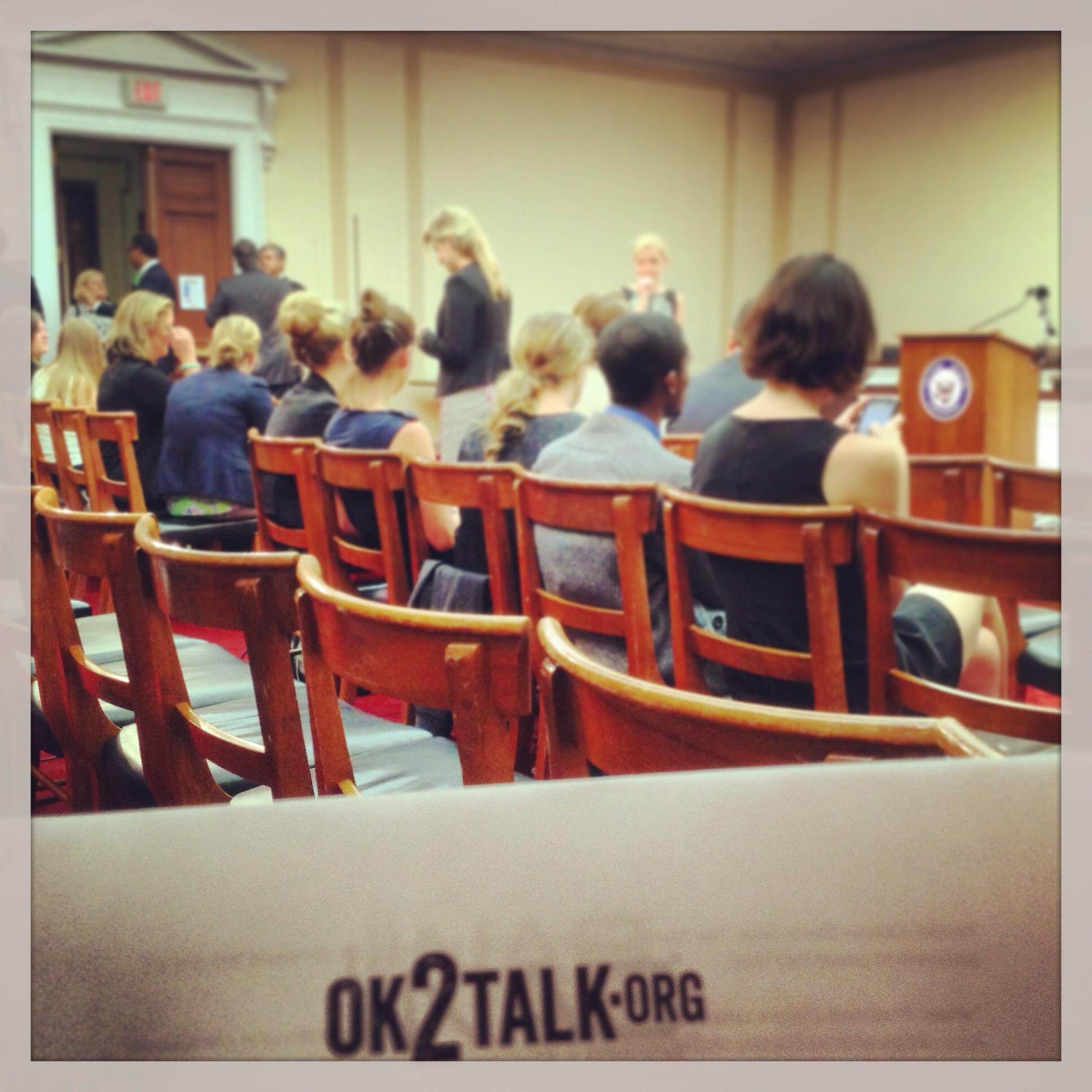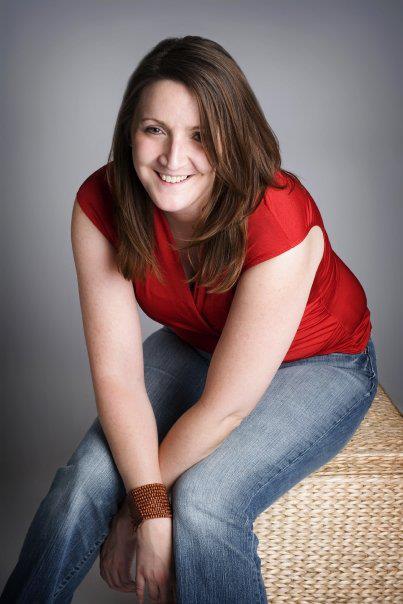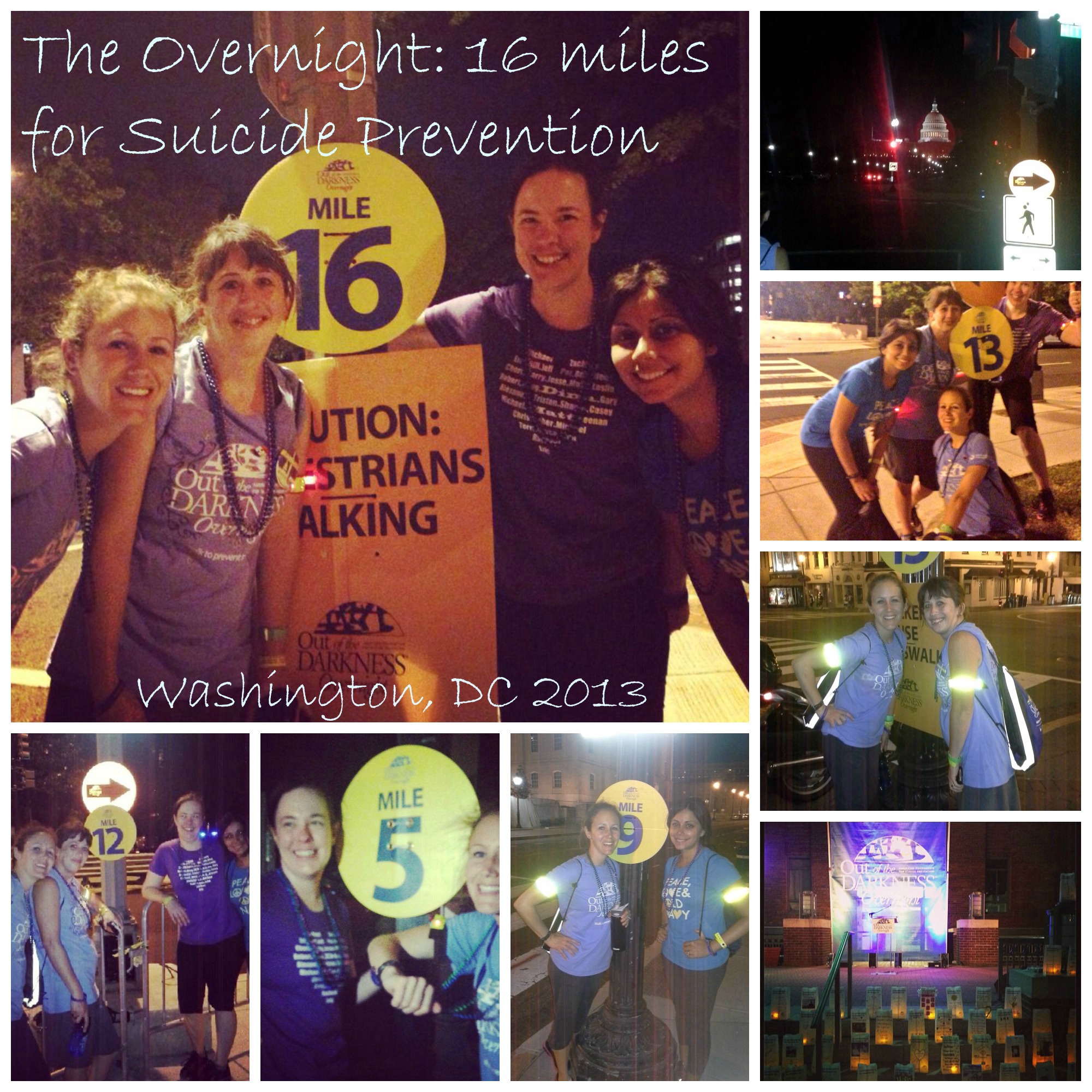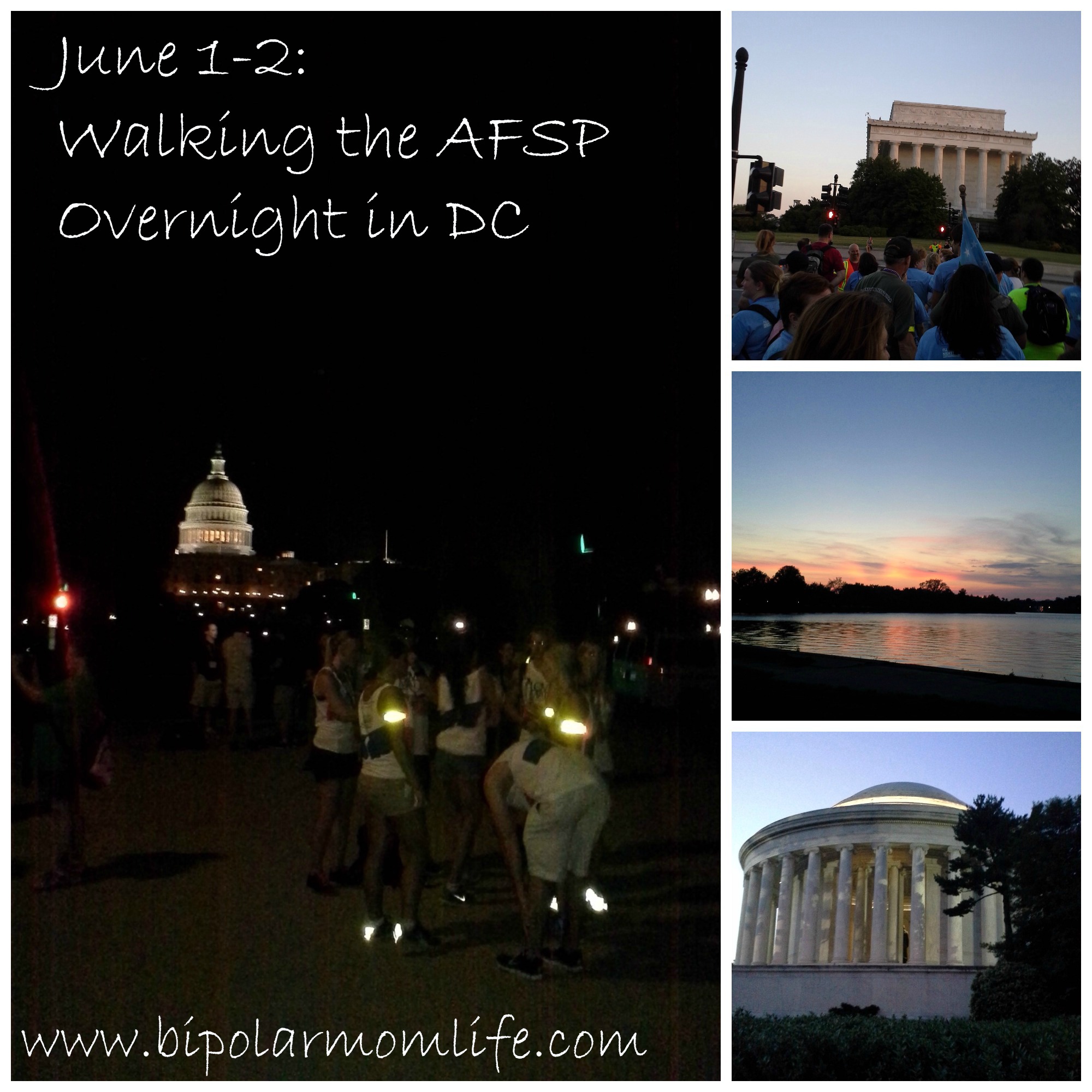 Photo from the Fairfax AFSP National Capital Area Chapter's Community Walk this past Sunday, September 8th.
Photo from the Fairfax AFSP National Capital Area Chapter's Community Walk this past Sunday, September 8th.
I never believed suicidal thoughts were truly a real thing until I experienced them myself. To me, it was unbelievable for someone to want to take their own life. It seemed so horrid, so severe, so final.
What gives a person the right to take their life in their own hands, anyway? God says how much time we get, not us.
Plus, how could a life feel so worthless that someone would think dying was the solution? I just couldn’t comprehend it.
Until it happened to me.
Being diagnosed with bipolar disorder at the age of twenty-seven changed my perspective...on the topic of suicide. I slipped into a deep depression and would spend my nights curled up on the couch, tears streaming down my face until I was so exhausted from the hurt that I’d fall asleep. I had lost my will to keep going because I didn't think there was hope. I was so scared to reach out for help that I hid my painful feelings from everyone.
Everyone except my husband and my parents, thankfully.
They kept fighting for me to get the treatment I needed in order to get well, even when I could no longer fight for myself. I don’t know if I’d be here today without their incredible love and unwavering support back then.
Looking back on that time in my life, it’s apparent that I feared the stigma surrounding mental illness and because of it, I hid my depression and suicidal thoughts from my friends.
I was terrified of what they would say if they knew the thoughts running through my head. I was convinced they’d turn away from me, too afraid of my mental illness to help me out of my darkness. It was stigma that kept me from opening up to my friends about my depression.
I am one of the lucky ones that made it out of the darkness. I survived depression and made the decision to become an advocate for those who are still suffering. Because in my heart I believe everyone is capable of overcoming mental illness and that no one should feel ashamed about living with mental illness.
By educating the medical community and society in general to better recognize the signs and symptoms of depression and other mental illnesses, we can and will save lives.
If a friend seems to be struggling, ask them if they’re okay. Take time to really listen and offer support. Don't accept "I'm fine." for an answer if you know they aren't. Share the National Suicide Prevention Website and Hotline with them: 1-800-273-TALK (8255). It’s staffed 24/7 with trained professionals who offer free and confidential emotional support to those in crisis.
Social media can be another avenue for support if someone is in crisis. There are groups and organizations that lead chats on Twitter to help people who are struggling with suicidal thoughts. By searching the hashtags #suicideprevention, #suicidechat and #AFSP, streams of conversations on how to get help become available and you’re able to join right in the conversation. In 2011, Facebook unveiled a tool for friends and loved ones to be able to report a suicide threat posted online which has been credited for saving lives.
Please don't be afraid to speak up. Start the conversation. Join the conversation. Keep the conversations flowing.
The only way we’re going to end the stigma that surrounds mental illness is by promoting open dialogue so that people are not afraid to open up and ask for help.
Suicide is preventable. Let’s pull together and join the movement to bring suicide prevention into the light.
Because every life matters. Don’t ever give up hope.
Help is available if you need it. If you are in crisis, call 1-800-273-TALK (8255) National Suicide Prevention Lifeline.
I was invited by the University of Southern California's School of Social Work to join in their Suicide Awareness Blog Campaign. Please visit their website for information on how you can also participate.








